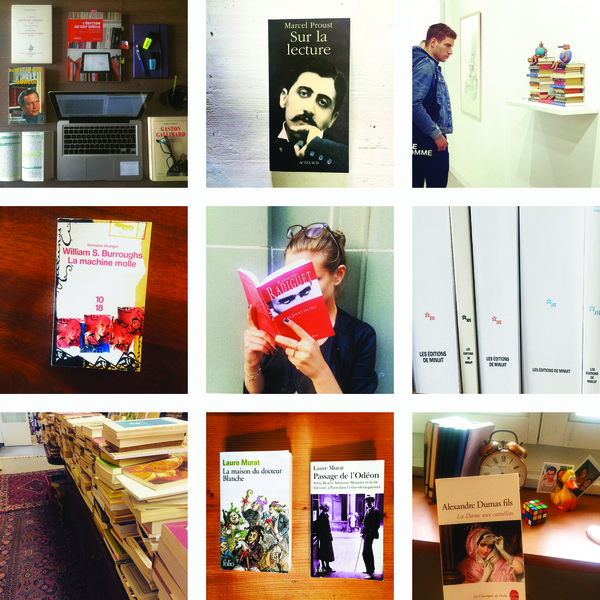One of the most interesting conversations I had in Cannes was not about advertising – it was about books. Admittedly it was with blogger and ad expert Angela Natividad (Ad Verve), who is possibly even more of a word addict than I am. We were talking about the blurring border between journalism and branded content, and Angela mentioned that she had become a subscriber of The Happy Reader, a quarterly magazine for book lovers launched by the publisher Penguin Books.
It’s pretty obvious that the goal is to bring readers to Penguin’s books, but Angela says that The Happy Reader does this in the most delightfully subtle way. The magazine is designed and compiled by the guys who created Fantastic Man magazine – Gert Jonkers and Jop van Bennekom – the niche fashion title that has had a disproportionate influence on the way men dress. The pair are no strangers to branded content – they also produce a magazine for Cos. They say The Happy Reader is a chance to “re-engage with classic literature in a new and delicious way”, using “beautiful typography…and the calming luxury of being offline.”
The offline aspect appealed to me, as I’ve noticed that there’s a new generation of digital natives who have actually chosen to celebrate print books. And ironically they’re doing it in their own world, on Instagram. I first discovered this trend thanks to an Instagrammer called Jidi.romanswer, who led me to other bibliophiles such as Readingwild, Whenyoureadme, Bookmateriality and Fictionmatters. They take pictures of book covers, book shelves, book stores, and selfies of themselves reading books in cafés, at home, or on the beach – a whole bookish lifestyle, in other words. My father has an e-reader, because he can adjust the text size to suit his weakening eyesight. But it looks as though millennials are going to save the classic book. The continuing importance of traditional print is not lost on agencies, despite their emphasis on digital. When it celebrated the 25th anniversary of its New Directors’ Showcase, Saatchi & Saatchi did so by issuing a book. Because, of course, a book has a value, endurance and prestige that a social media post will never achieve.




